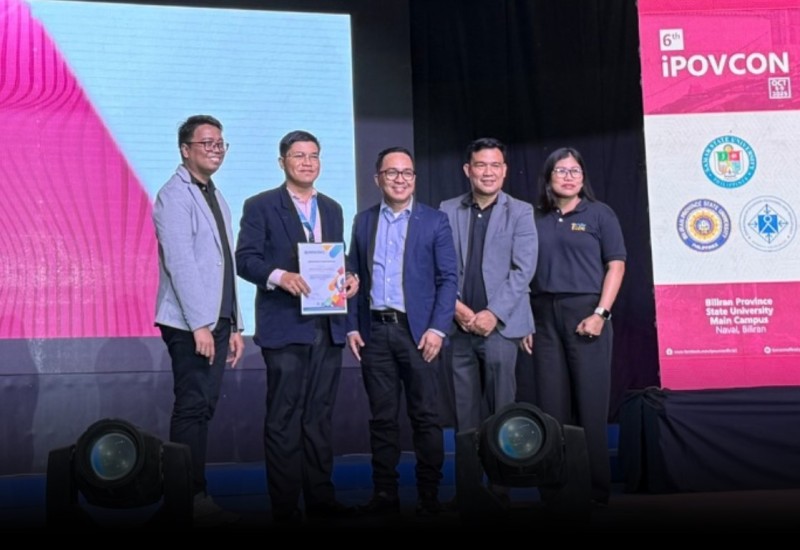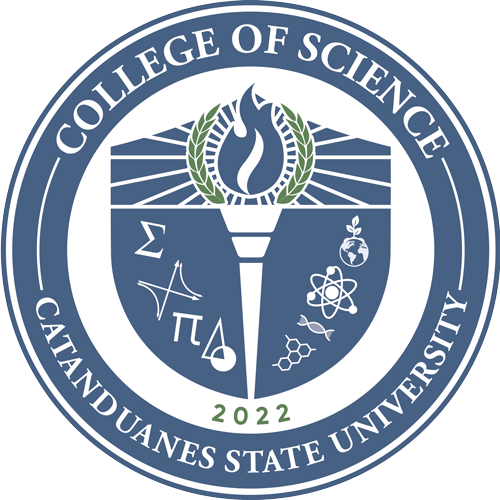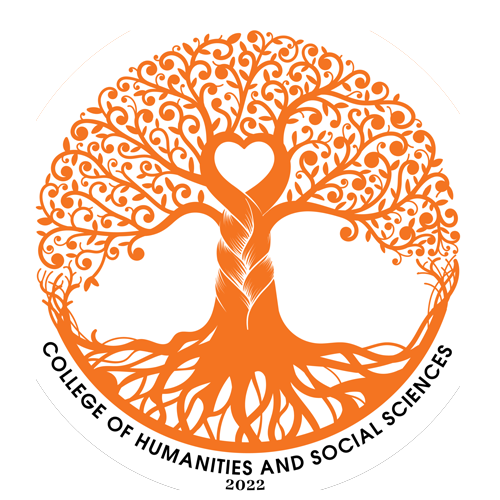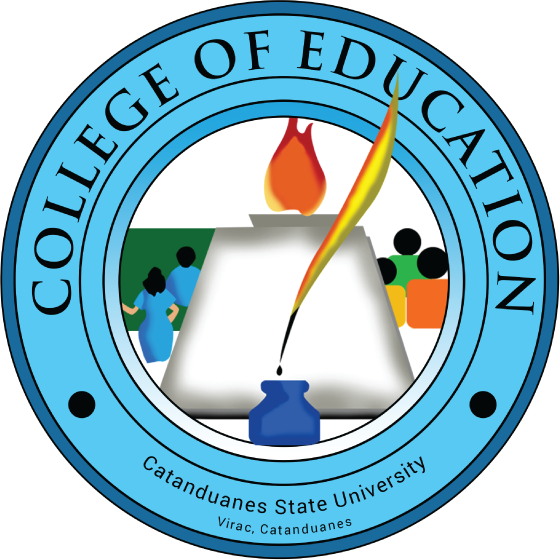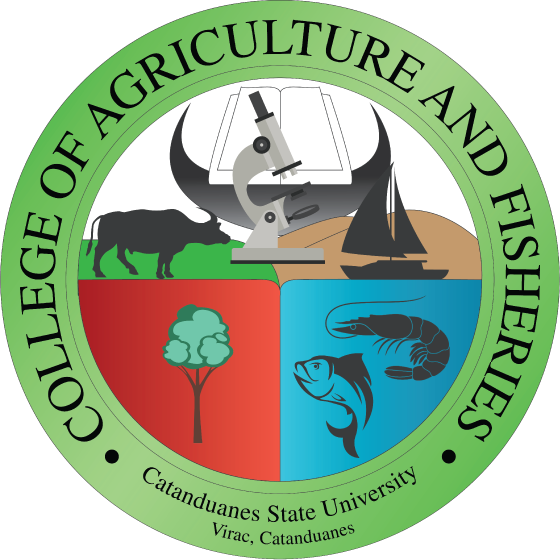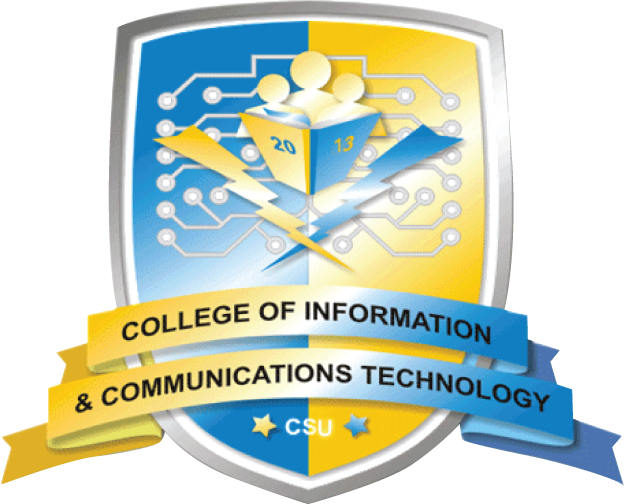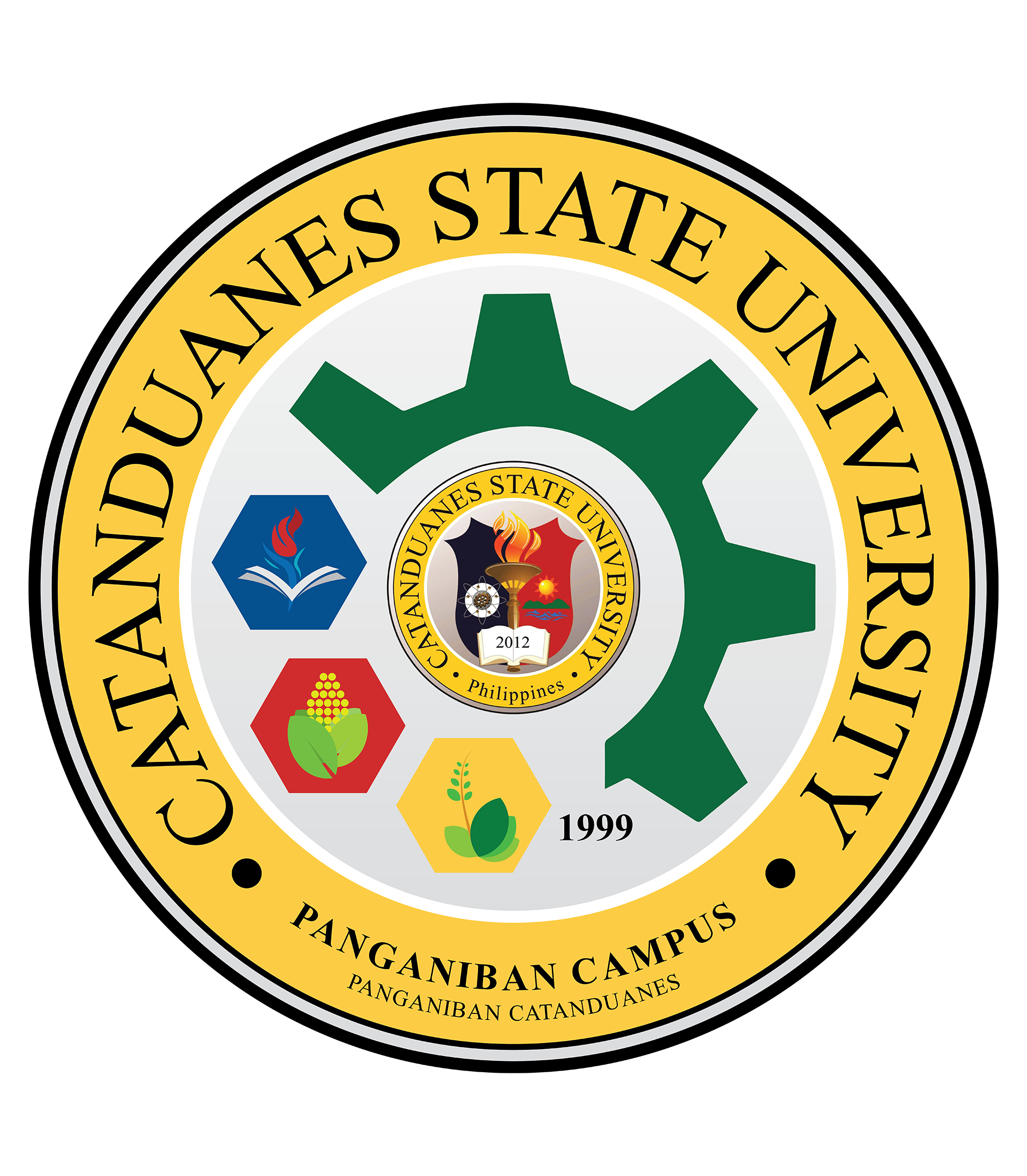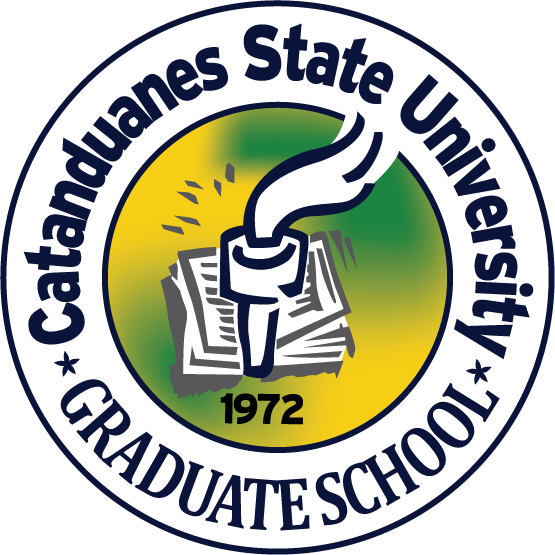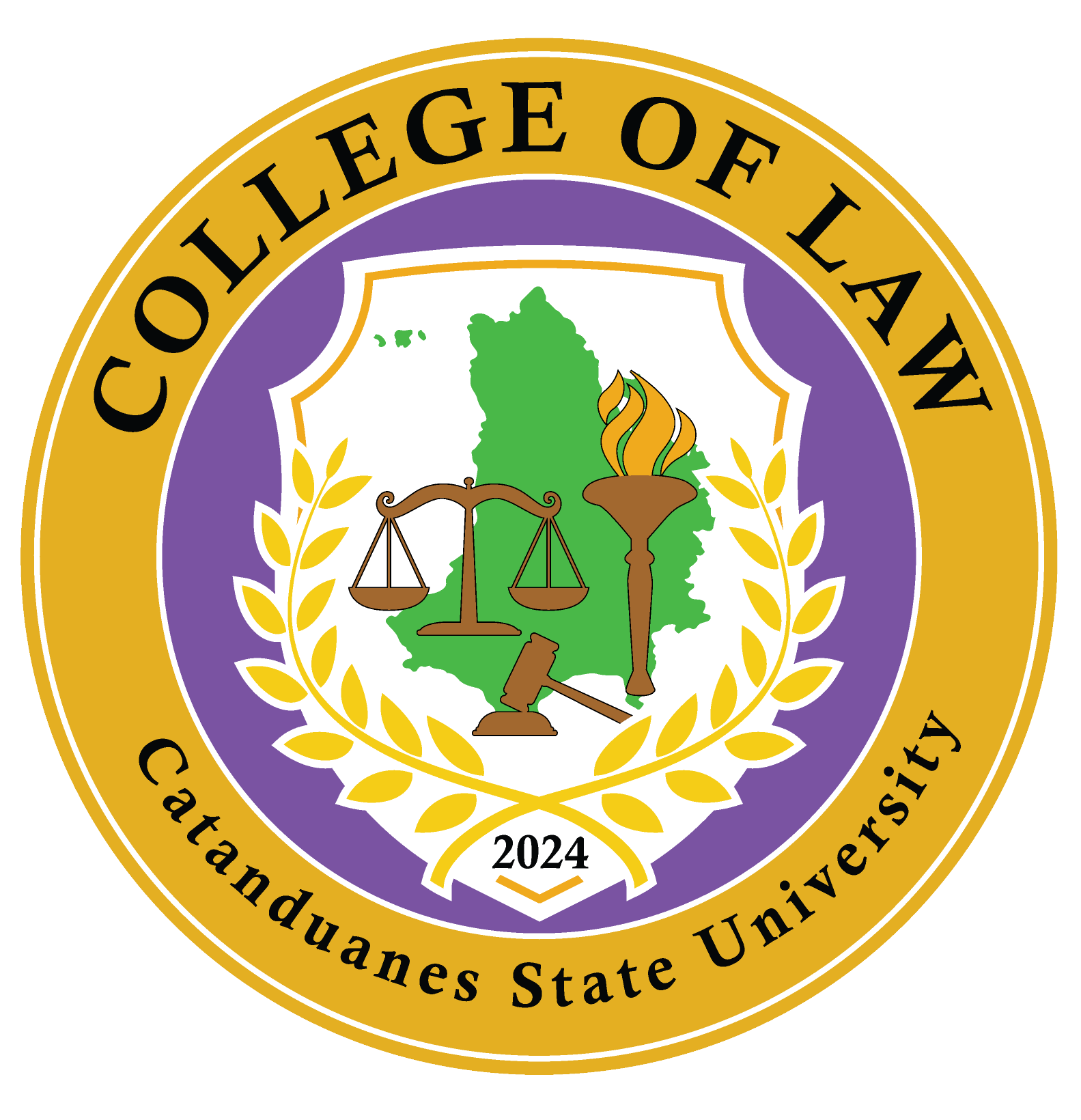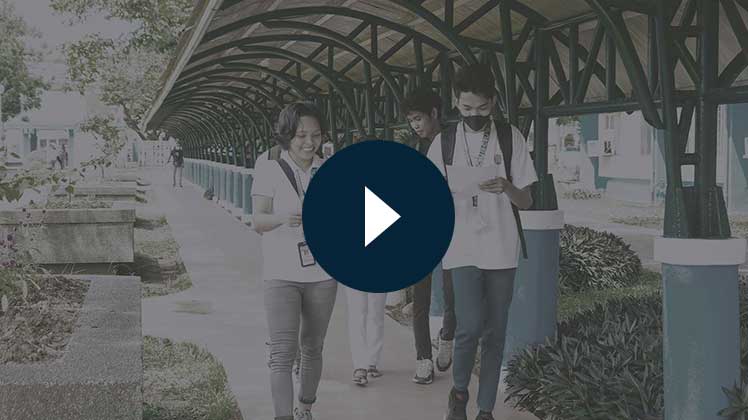Innovative Tech Project Earns Best Paper Award at International Poverty Conference
SDG 1: No Poverty,
SDG 4: Quality Education,
SDG 9: Industry, Innovation, and Infrastructure
Ramil T. Gaborni, faculty of CatSU’s College of Industrial Technology, won Best Paper – Track 1A at iPovCon 2025 for his interactive book project on electronics and electrical technology, October 9 at Biliran Province State University (BiPSU).The two-day conference, hosted by BiPSU and the Department of Economy, Planning, and Development (DepDev), gathered universities, government agencies, and development groups to showcase tech solutions for poverty and inclusive growth.Under the theme “Technology-Driven Solutions for Poverty Alleviation and Inclusive Sustainability,” the event pinned on how research, innovation, and collaboration can drive real change. At the opening ceremony in BiPSU, DEPDev VIII Regional Director Meylene C. Rosales pushed the need for smart governance, local empowerment, and innovative programs to accelerate poverty reduction. She pointed to its drive for data-driven planning, program convergence, and climate-resilient development as crucial for inclusive growth.During the October 14 CatSU Parangal, Gaborni was further recognized as one of the awardees…
